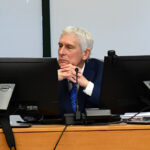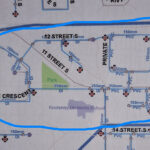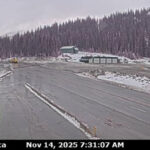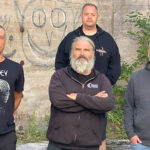Home »

If familiar with San Francisco you may enjoy this novel
Book Review
By Derryll White
Gordon, William C. (2011). The Chinese Jars.
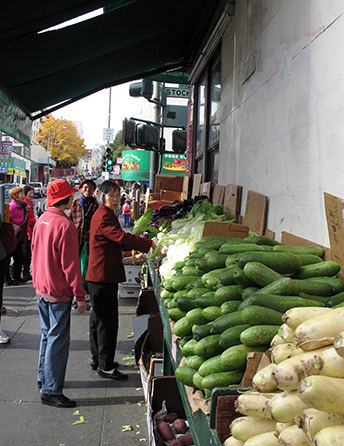 It’s 1960 in San Francisco. John F. Kennedy has just been elected President of the United States and newspaper ad salesman Samuel Hamilton is in a black depression following the death of his parents two years earlier. Then his best drinking companion, Ordid Reginald Rockwood dies. Is it suicide or is it murder?
It’s 1960 in San Francisco. John F. Kennedy has just been elected President of the United States and newspaper ad salesman Samuel Hamilton is in a black depression following the death of his parents two years earlier. Then his best drinking companion, Ordid Reginald Rockwood dies. Is it suicide or is it murder?
This novel revolves around place. Reading it in San Francisco I delighted in populating the pages with personal views of the events being discussed. The author certainly does not touch on the mental illness and prevalent anti-social behaviour on the streets that result in Canadians consistently being the only Caucasian faces on the buses at night. But he does look at the poverty prevalent in the city under the shadow of Macy’s and Nordstrom’s deluxe outlets.
Samuel Hamilton evolves as an interesting character, ‘everyman’ on the cusp of change. Stuck in a dead-end job he follows his nature and the magician’s tarot readings into an evolving new persona. In fact there are a number of strong and interesting characters in this novel, enough to draw a reader toward a second William C. Gordon novel.
Where the book dies a bit for me is in the pedantry of some of the prose. Sometimes I just got stuck in the slowness of the ongoing narrative. Then all of a sudden Gordon would zap me with a perception of San Quentin (a very old prison situated on a picturesque point jutting into San Francisco Bay) as a latent real estate gem closed off by the reality of bars and barbed wire, and I am back with his story.
There are detours to the main story line, where Gordon wanders while exploring a character such as Rafael, a Mexican roustabout, or Melba the aspiring bar owner. The reader has to stick with him and trust that all will come together in the end. There are also convoluted passages that snake and twine in a manner similar to the ancient tunnels beneath San Francisco’s Chinatown.
In the end Gordon does a creditable job on this, the first of his Samuel Hamilton mystery series. The novel would have benefitted from a better editor and proofreader in my opinion. However, if you are familiar with San Francisco I think you would enjoy this novel. If not, perhaps give it a pass.
********
Excerpts from the novel:
SAN FRANCISCO – Samuel and Charles took a cab to Stockton Street in Chinatown. The street was full of Chinese shoppers, and the occasional white bargain hunter, or the groups of tourists with cameras around their necks. The vegetable stands were crammed with mountains of fruits, brightly colored vegetables – including leeks, chard and mushrooms of all kinds, to name just a few. The fish stalls put tanks of water on the street where fish and shellfish waited their turn. At a sign from a shopper the fish merchant stuck in a net and took out what was requested. Giant lobsters, their pincers tied, struggled as if they knew what was in store for them. In the window of the butcher shops and restaurants hung Peking ducks and other delicacies waiting to be purchased for the evening meal or devoured at lunch. The smells of ginger, cilantro, and roasted fowl lingered in the air.
TRADITION – “Those are the wailers, hired by the family to cry for them – Chinese people don’t like to openly express grief, so they pay people to do it for them,” said Samuel.
After the wailers came the family, and further back, the rest of the crowd. Some were carrying paper houses, cars, and even a paper bridge down the steps of the mortuary.
“What’s all that for?” asked Melba.
“These are the things he’ll need on the other side. They’ll burn them at the gravesite. It’s a way of releasing them so he can take them with him,” Samuel explained.
CRIME NOVEL – “Don’t be naïve, Samuel. We’re talking about crimes. If you want to solve them you have to think the worst and contemplate all the possibilities. You have to broaden your scope, see the bigger picture. You know what I mean?” she asked.
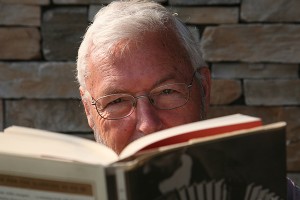 – Derryll White once wrote books but now chooses to read and write about them. When not reading he writes history for the web at www.basininstitute.org.
– Derryll White once wrote books but now chooses to read and write about them. When not reading he writes history for the web at www.basininstitute.org.

